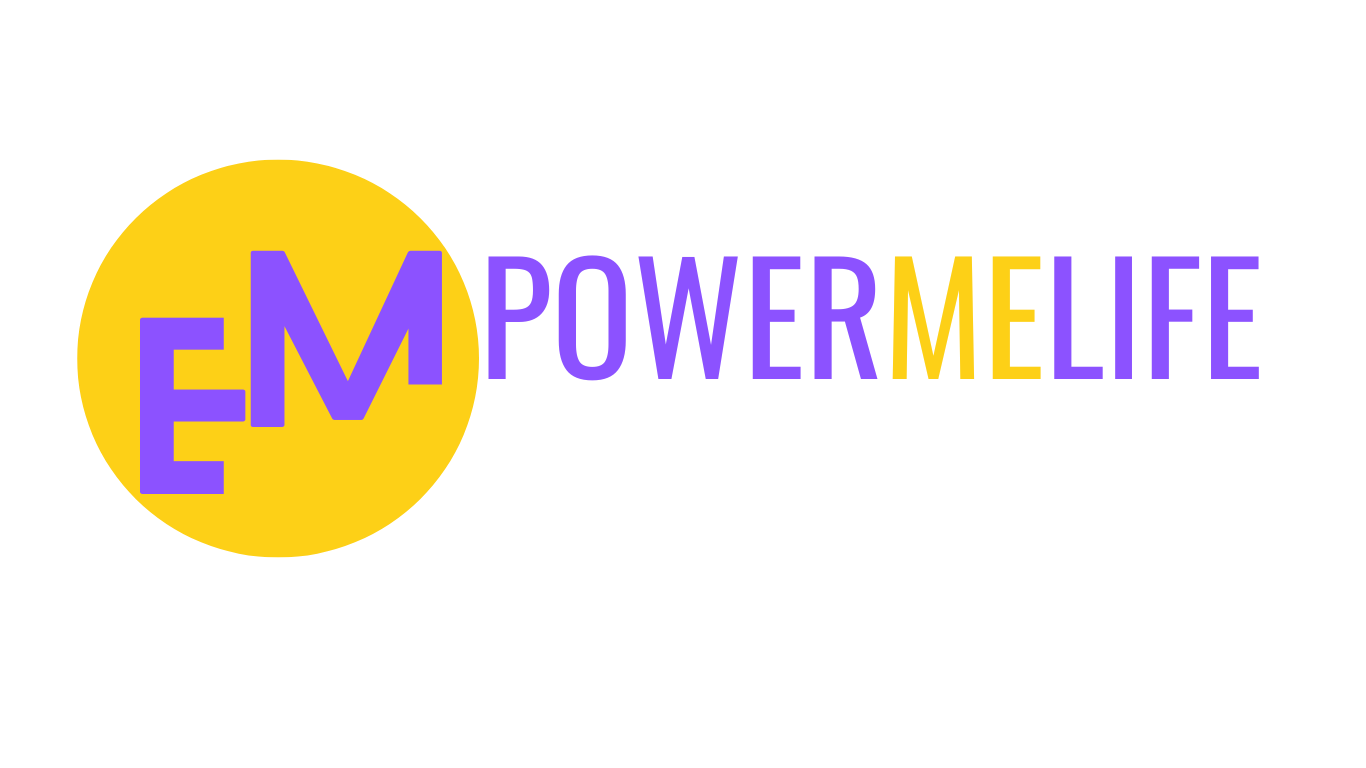Introduction
Intermittent fasting (IF) is no longer just a trend—it’s a lifestyle change that has captivated millions worldwide. If you’ve heard the buzz and are curious about whether it’s worth the hype, you’re in the right place. This guide will break down what intermittent fasting is, its benefits, risks, and how to incorporate it into your routine safely. Plus, we’ll share some essential tools to help you succeed, including a fasting shake designed to optimize your results.



What is Intermittent Fasting?
Intermittent fasting is an eating pattern that alternates between periods of eating and fasting. Unlike traditional diets, it doesn’t dictate what you eat but focuses on when you eat. Here are some popular methods:
- 16/8 Method: Fast for 16 hours and eat within an 8-hour window.
- 5:2 Diet: Eat normally for five days and restrict calorie intake (500–600 calories) for two non-consecutive days.
- Eat-Stop-Eat: Fast for 24 hours once or twice a week.
- Alternate-Day Fasting: Alternate between eating normally one day and fasting the next.
The simplicity of intermittent fasting makes it appealing. There’s no need to count calories or avoid specific foods—just follow the timing structure that suits your lifestyle.

Benefits of Intermittent Fasting
1. Weight Loss
Intermittent fasting naturally reduces calorie intake by shortening your eating window. Additionally, fasting can boost metabolism, helping your body burn fat more effectively.
2. Improved Metabolic Health
Fasting has been shown to enhance insulin sensitivity, which helps your body manage blood sugar more effectively. It can also reduce inflammation, a major contributor to chronic diseases.
3. Better Heart Health
Intermittent fasting may help lower LDL cholesterol, reduce blood pressure, and improve overall cardiovascular health.
4. Enhanced Brain Function
Research suggests fasting can improve cognitive function and may even reduce the risk of neurodegenerative diseases like Alzheimer’s and Parkinson’s.
5. Increased Longevity
Some studies indicate that fasting can increase lifespan and lower the risk of age-related diseases, offering a promising avenue for those seeking a longer, healthier life.

Risks and Considerations
While the benefits are impressive, intermittent fasting isn’t for everyone. Here are some potential risks to consider:
Nutritional Deficiencies
Skipping meals can make it harder to get essential vitamins and minerals. To support your body, consider adding a nutrient-packed fasting shake like the Fasting Electrolyte Supplement Powder. This keto-friendly, vegan shake is packed with vitamins, fiber, plant-based protein, and superfoods to keep you energized and nourished during fasting periods.
Eating Disorders
If you have a history of disordered eating, fasting could exacerbate unhealthy behaviors. Always consult a healthcare professional before starting.
Blood Sugar Issues
Fasting can lead to dangerously low blood sugar levels for people with diabetes or blood sugar regulation problems.
Not Suitable for Everyone
Pregnant or breastfeeding women, children, and individuals with specific health conditions should avoid fasting unless recommended by a doctor.

How to Implement Intermittent Fasting Safely
If you’re ready to try intermittent fasting, here’s how to do it safely:
1. Start Slow
Ease into fasting by starting with the 16/8 method before attempting longer fasting periods.
2. Stay Hydrated
Dehydration is a common side effect of fasting. Along with water, consider using an electrolyte supplement to replenish essential minerals. For an easy solution, try this Prolon Intermittent Fasting Drink Mix to maintain hydration and prevent fatigue.
3. Focus on Nutrient-Dense Foods
During eating windows, prioritize whole, nutrient-dense foods to avoid deficiencies.
4. Incorporate Fasting-Friendly Products
Products like the Fasting Electrolyte Supplement Powder can make fasting easier by providing essential nutrients without breaking your fast.
5. Consult a Professional
If you have any pre-existing conditions, consult a healthcare provider to ensure fasting is safe for you.

Conclusion
Intermittent fasting offers numerous health benefits, from weight loss and improved metabolism to better brain function and heart health. However, it’s not a one-size-fits-all solution, and understanding the potential risks is essential.
Whether you’re new to fasting or a seasoned pro, tools like the Fasting Electrolyte Supplement Powder and a Prolon Intermittent Fasting Drink Mix can help you stay nourished and hydrated throughout your fasting journey.
For more tips, check out our other posts on Achieving Your Dream Body.
Are you ready to give intermittent fasting a try? Share your thoughts and experiences in the comments below!

Disclaimer:
The content on this website, including product recommendations, reviews, and endorsements, may contain affiliate links. This means that if you click on a link and make a purchase, we may receive a commission at no additional cost to you.
We only promote products and services that we believe will provide value to our audience. However, we encourage you to do your own research before making any purchasing decisions. The information provided on this website is for general informational purposes only and does not constitute professional advice.
We are not responsible for any loss, damage, or other liabilities that may arise from your use of any product or service promoted on this website. Please use your discretion and judgment when purchasing any product or service.
—
Amazon:
King Merchandise is a participant in the Amazon Services LLC Associates Program, an affiliate advertising program designed to provide a means for sites to earn advertising fees by advertising and linking to www.empowermelife.com








1 Comment
Really love this article